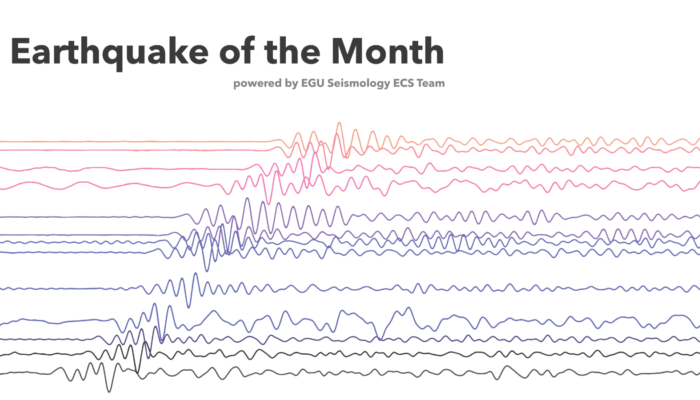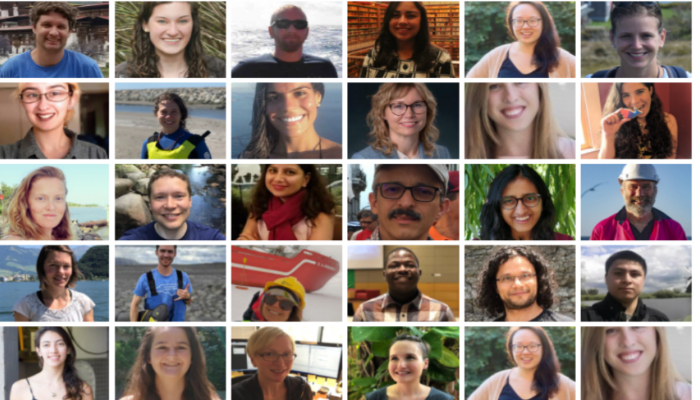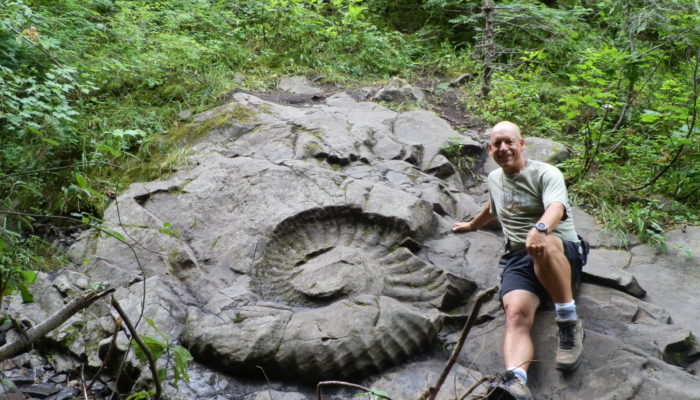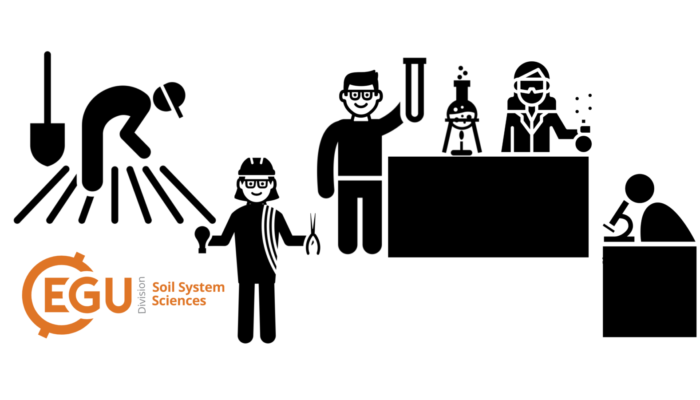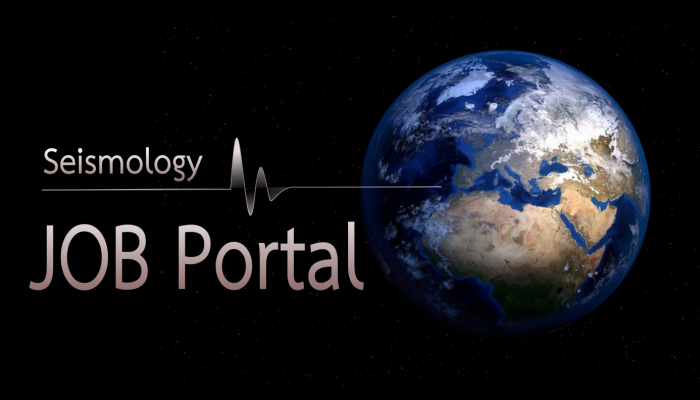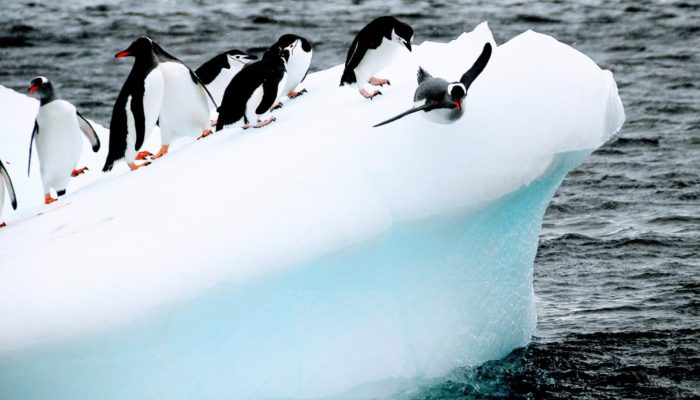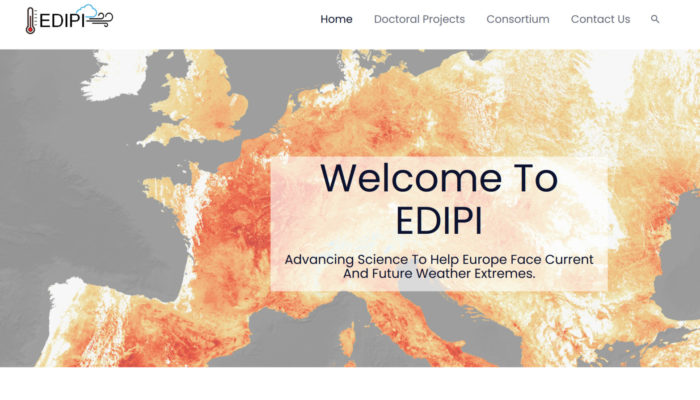On October 30th, a strong earthquake with Mw 7.0 occurred in the Aegean Sea, between the main cities of Samos in Greece and Izmir in Turkey. The hypocenter location and focal mechanism suggest shallow depth (~10 km) and normal faulting on the E-W plane. This is in agreement with the tectonic setting where an N-S extension is dominant. Moreover, the rupture propagates near the Menderes Graben in We ...[Read More]
Ocean Sciences
Why you (yes, you!) should take part in a hackathon
Back in August, I attended Oceanhackweek 2020. As an oceanographer by trade and free software nerd by heart, I loved the idea of an event that combined the two. I looked forward to learning from other oceanographers and coders, and perhaps giving something back to the free software community. What is a hackweek/hackathon? If you have yet to dip your toes in the wonderful world of free software, th ...[Read More]
Stratigraphy, Sedimentology and Palaeontology
What do (Consulting) Sedimentologists do all day?
When I graduated in the 80’s, a job in oil and gas was seen as a glamorous and exciting career for a geoscientist. Even some dramatic falls in the oil price could not dent the optimism within the industry, and oil cities like Calgary thrived. However, life for geologists working in our city has changed dramatically over the last few years. A peak oil price of around $106 per barrel in June 2014 wa ...[Read More]
Soil System Sciences
The importance of our SSS (…Soil Support Staff!)
Soils do a lot! From supporting food production and filtering water, to storing carbon, cycling nutrients, and hosting organisms, soils are fundamental for our day-to-day lives. But take a look around you. If you’re like me – sitting in an office at the moment – your feet rest upon a carpeted floor, you’re surrounded by four walls, and the only view out of the window is that of a ribbon of tarmac ...[Read More]
Seismology
Seismology Job Portal
On this page, we regularly update open positions in Seismology for early career scientists. Do you have a job on offer? Contact us at ecs-sm@egu.eu Please, note that other available research positions are displayed on the EGU Jobs Portal. Special Thanks to Eric Löberich for researching job postings for the ECS.
Cryospheric Sciences
How small changes can make a big difference: tipping points in Antarctica
As Antarctica’s mass loss increases, the threat of crossing tipping points both in the ice sheet and the surrounding Southern Ocean is increasing. But what actually is a tipping point? Have tipping points already been crossed in the past? And what might the future hold? What do we mean by a “tipping point”? Scientifically speaking, a tipping point is generally understood to be a threshold that, on ...[Read More]
Geodynamics
The Sassy Scientist – Reaching For The Stars
In a world of repetitive home office clean-ups, Freya is teetering on the brink of mental breakdown. Whereas al of our brilliant suggestions, such as cooking, befriending your neighbours, brush up on your programming skills, consider a career outside academia, acquiring new hobbies or wasting your time watching silly movies, have not posed good enough of an answer to alleviate the worries floating ...[Read More]
Nonlinear Processes in Geosciences
A new European effort to better understand extreme weather
Extreme weather events routinely have detrimental socio-economic impacts around the globe. In fact, weather-related events make up over 90% of natural disasters worldwide [1]. In the new millennium, the frequency of many extreme weather events such as droughts and high temperatures, has systematically exceeded the levels seen in the 1980s and 1990s [1], and anthropogenic climate change may further ...[Read More]
Atmospheric Sciences
A new European effort to better understand extreme weather
Feature Image: Screenshot of the european weather Extremes: DrIvers, Predictability and Impacts (EDIPI) homepage. Background Image Credits: Copernicus Sentinel data, processed by ESA. Extreme weather events routinely have detrimental socio-economic impacts around the globe. In fact, weather-related events make up over 90% of natural disasters worldwide [1]. In the new millennium, the frequency of ...[Read More]
Geodynamics
In honour of Movember: geo-moustache-inspiration
As we are 11 days into November, you might have started to become suspicious of the increased number of people around you growing out their moustaches. While this could be due to the fact that many of us are sequestered at home and may have forgotten the point of personal grooming, there is a good chance these people are participating in Movember (yes, that is a word play on November and mo, for m ...[Read More]

